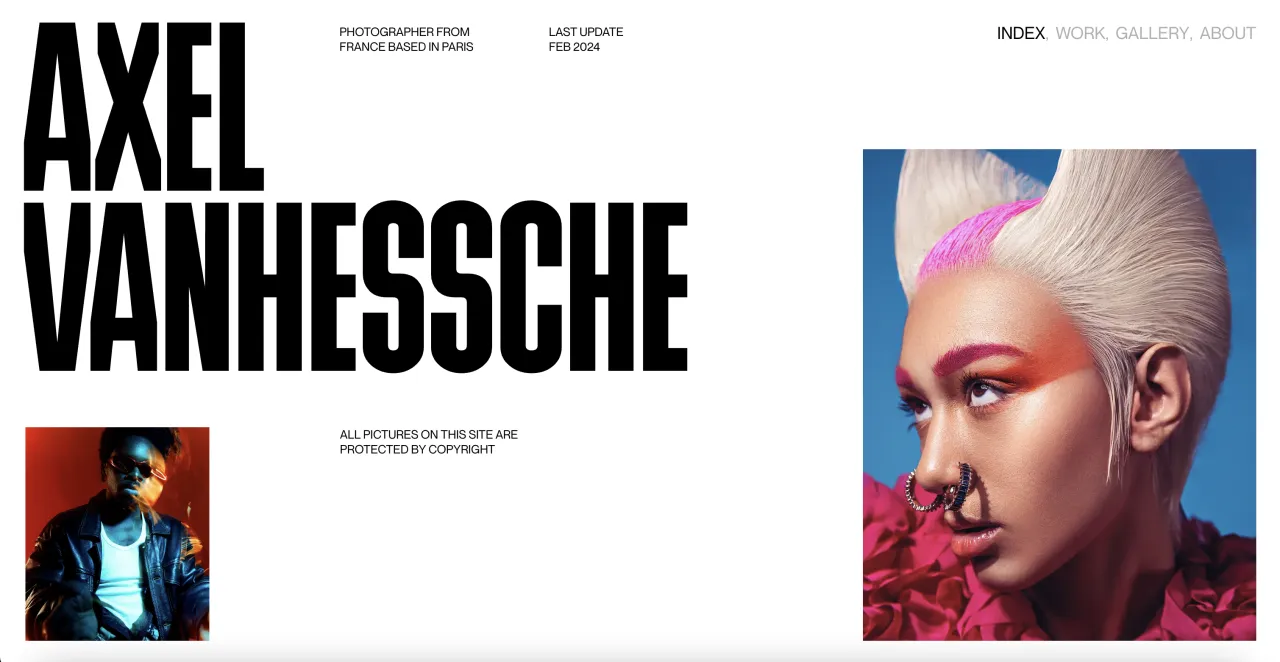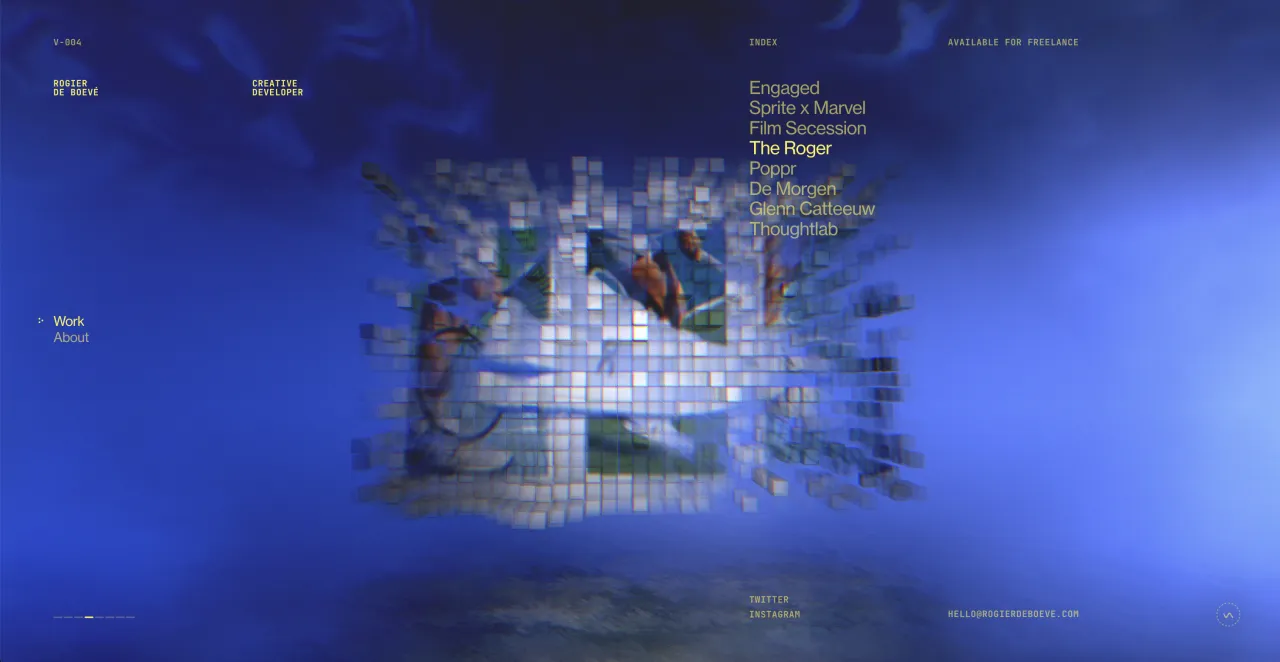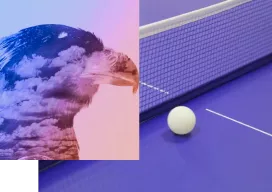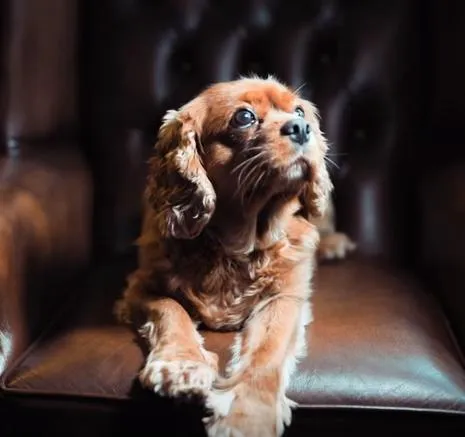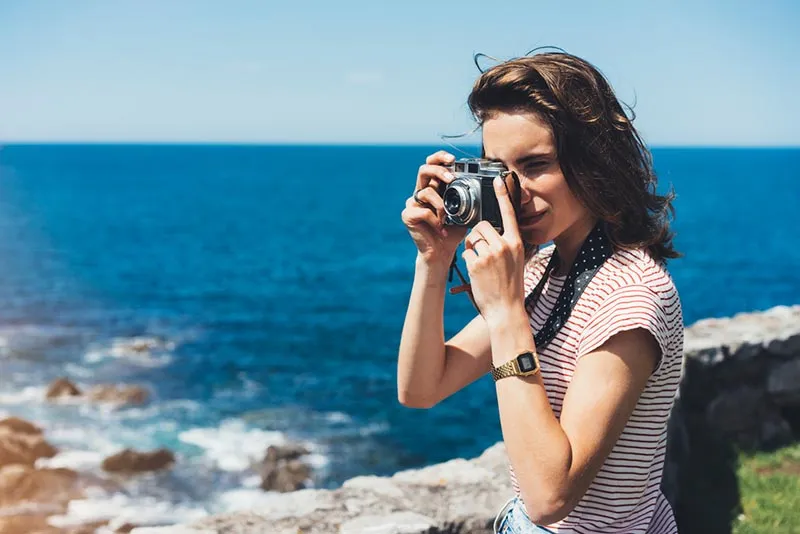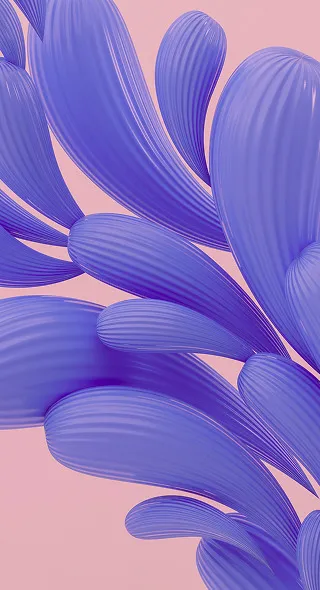Why You Don’t Need a Digital Camera to Improve Your Photography Skills
Practice makes perfect doesn’t apply today. Throw out the notions you have about becoming a better photographer because facts are facts – you don’t need a DSLR to improve your skills. The advice in this article is about being open to new ideas and aiming to be efficient with the time you devote to photography.
You’ll learn to pick up skills and exercises that will help you inevitably become a better photographer. This is something new to try for every photographer, regardless of your level. Both beginners and professionals can shift their focus to something new, an alternative hands-off approach to improve their photography skills.
Different ways to improve your photography skills
1. Submerge yourself in art – Visit art galleries, museums, exhibitions and other artistic venues.
With paintings, someone has worked at the same composition for months, maybe even years. This gives you a whole other perspective of dedication. It helps you prioritize composition, as if you don’t have an unlimited amount of shots. In learning more about composition, you’re training your eye to look out for better and improved proportions, light settings and colors.
In broadening your knowledge, you undeniably are going to find new inspiration. One of our photographers, Dina Belenko abides by this rule to get inspired for her artistic approach to photography.
“I strongly believe that the best way to find inspiration is to look outside your trade. We are all compelled to seek inspiration inside our own professional field. Visual art, cinematography, that sort of thing. But what about literature and music? What about podcasts and poetry?” – Dina Belenko
As you can see, the implications here are many. The idea is to really be open to inspiration coming from any direction – be it galleries, exhibitions or something as simple as a new podcast.
2. Get to know your camera, without your camera – Read your manual. It’s your obligation to know your camera inside out.
You know those shots you take that are absolutely awful? Yes, well the answer to why that is is actually in your manual. Don’t be scared of your camera’s many features and settings. It’s your job to learn everything and make the most of every little tweak you can adjust.
Reading and studying your manual won’t help you improve actual shots, but will give you a general understanding of what can go wrong and what you can do to work with different settings. Technical camera knowledge will make a difference to the quality of your pictures. You’ll learn to quickly respond to different lighting conditions on the spot.
As one of our photographers pointed out, you will see improvement in your pictures when you know all the ins and outs of your particular camera.
“Get to know your camera and you will make amazing images. If you already aren’t shooting in manual mode and RAW format, then you just have to learn how to do it. When I learned how to shoot on manual mode and changed my file format to RAW, then I started to see some progress.” – Healthy Laura
3. Get the sketchbook out – Draw, write, sketch, illustrate, plan and be creative on a daily basis.
The action of putting pen (or pencil) on paper is good practice for your brain. Step away from the camera, and use your sketchbook to jot down ideas, draw interesting compositions, or use it to study the compositions of your favorite photographers and artists.
This is perhaps the point that needs the least explaining, because every photographer will find their own use for a sketchbook. How you decide to fill it up and use it is up to you. Just remember that you should always keep track of your ideas, it might help you with future projects.
Drawing is another great exercise for photographers and a good use of the sketchbook. When you sit down to sketch or draw, your paying attention to the most mundane details along with proportion, shape, lighting and composition. Remember, you’re not creating a work of art for the Modern Met. You’re doing this to enhance your workflow and the the creative juices flowing.
You can write in it, you can draw in it, you can embellish it with things you find inspiring. There’s really no limit to the number of ways you can make this work for you. Integrating it into your artistic process is vital as it will help you see change in your photography style with time.
4. Surround yourself with inspirational books – Treat yourself to beautiful coffee table books, images of works you found interesting and the like.
Photography books are wonderfully therapeutic in the sense that the images are often the kind of perfection or an experimental approach we strive towards. When you’re feeling a little lost, just the simple action of flipping through photography books can give you ideas.
Don’t just limit yourself to photography books though. This technique of collecting books helps you improve your photography because you learn from fellow photographers and artists. These books can be on any subject but it’s important that they’re always nearby or on display.
Some photographers enjoy books on the basics of photography. Even if you think you know it all, chances are, there’s a technique or a trick you might have missed. So treat yourself! Invest into inspirational books that are going to help you when you’re at home brainstorming.
5. Movies and documentaries – We hand selected both movies for photographers as well as documentaries that are worth your time.
Learning about new artists, techniques and projects can help you improve your photography. For one, it’s a great source of inspiration. Watching movies and documentaries can be truly eye opening and give you another reason to question the nature and the essence of your work.
No, you certainly aren’t going to come out of a 2 hour movie or a documentary feeling like you’re a better photographer. You have to train to have the analytical skills to actually learn from movies. Every frame in films is intentional, for example. This means the compositions were meticulously planned. This is a great opportunity to learn more about artistic direction, how compositions were timed and framed.
Whereas movies can help you with better composition and understand lighting, documentaries are there as a form of inspiration. There’s so many amazing artists and projects out there. Hearing the individuals talk about their work should be motivating for you as a photographer.
6. Follow photographers you admire – You can improve your photography style through analysis.
Sometimes photographers get really invested into developing their own style which is undeniably important. However, just as no work of art is truly unique, no photography style is an isolated, purely original form. There are photographers that inspire you, and must have helped you polish your vision.
Follow the people that inspire you most. Don’t be afraid to point out your influences. In studying the photographs of others, you can ask basic questions that will help you sharpen your artistic vision. What do you like about the photograph? What don’t you like? What would you do differently? If an image is perfect, why is that so? Simply observe and reflect.
You can combine this with your sketchbook activity to really soak in this information and have something to return to when you’re feeling a bit uninspired. Keep track of these thoughts, they’re important to your growth as a photographer.
You also have a valuable resource, which is our interviews that we conduct with photographers that work with Depositphotos as well as independent photographers that make a living with their devotion to photography. You can find all the interviews and valuable tips from fellow photographers here.
7. Go location scouting for the view, not for the shoot – Train yourself to really see, and see from a new perspective.
We recently covered the topic of making the most of a typical location, and practicing seeing things in a new light. As an extension of this, you can apply the tips and go out location scouting (yes, without your camera). This does one of two things. You learn to really see, and see views for the sake of enjoying them, not getting the perfect shot. Without a camera, you’re paying attention to other details.
Why is this useful? Often times when you go out to experiment with a camera, you’re paying attention to a specific criteria for your perfect shot. Step away and learn to see locations for different reasons. This is a great outdoors exercise although you should be careful, because not having your camera on you might be frustrating. That’s precisely the point of the exercise – training your vision.
8. Crop your own pictures to improve composition – Devote time to analyzing and editing your own pictures.
Great photographs are about the eye and not the equipment. The good news is that you can work at developing your vision without clinging on to your camera. First, you can go back to the basics and see our cover on the basic rules of composition. There’s no need to implement all of them, but focus on putting some of them to practice.
Simply use your go-to editing app or software and find some of your favorite and maybe even failed photographs. Could you modify them to make them better? This is a great exercise because many photographs which you’ve swept under the rug, so to speak, might have a chance to shine in your portfolio.
This is a really great exercise for every photographer as it makes you look at your own images differently. Certain cropping and proportions can and will alter photographs completely. You can learn from this exercise and focus on framing your shots better in the viewfinder.
9. Share your work and ask for feedback – Find communities online where you can take part in a discussion, but also ask for feedback on your photography.
Getting “likes” on social media doesn’t really tell you much about what people appreciate the most about your creative vision. Although social media can be reassuring, you need to get a clear picture. You do this by consulting other professionals that are in the same line of work and want to help you.
There are many online communities that you can find for photographers that will help you get professional portfolio reviews. You get honest feedback that’s totally objective and the more you do this, the better you’ll understand your strengths and weaknesses. Other photographers can also help you with tips and general guidance on what you can improve or continue doing.
You can get more out of online communities than just portfolio reviews. You can make connections and network with fellow photographers. You can also work at building up your reputation online. The possibilities are endless if you commit to showcasing your work online and with online communities of photographers.
10. Photography tutorials online – There’s a tutorial for almost every photography subject on YouTube alone, why not make the most of it?
Is there something you don’t fully grasp about camera settings? Do you want to find out more about studio lighting? Is there a question bothering you that you need to find answers to? YouTube is a great platform to help you quickly grasp information and find answers to some of the questions that have been hanging over your head about photography.
Again, there’s bigger implications with this point. You can look for online resources, that can also be free, to help you setting problem areas in your practice. It’s a matter of pinpointing your problem areas and addressing the subject head on. When the world is at our fingertips in 2018, it’s a shame to miss an opportunity to learn online on your free time.
11. Manual photography challenge with a film camera – Find or buy a film camera and go back to basics to challenge yourself.
We did say you don’t need a digital camera, but our last piece of advice is to fully take control and master the manual mode. A film camera is such a treasure, and certainly lots of fun to experiment with. The processing of images is a whole other world, and if you can do it yourself, by all means do so.
On top of not knowing what the images will turn out to look like, you’re focused on two very important things – working with light and manual settings, and paying attention to what you photograph without having much control over the outcome.
Embrace the unknown. Invest or borrow a film camera, buy some film, study the camera and settings and go out there and shoot. This is such a therapeutic process for many photographers and artists, especially those looking to improve their photography.
Lastly, it’s important to take away from this bundle of information that there are a million things you can do to help yourself become a better photographer without clinging on to your beloved DSLR. Dare to explore and experiment, try new things and you’ll be surprised at your own progress over time.
